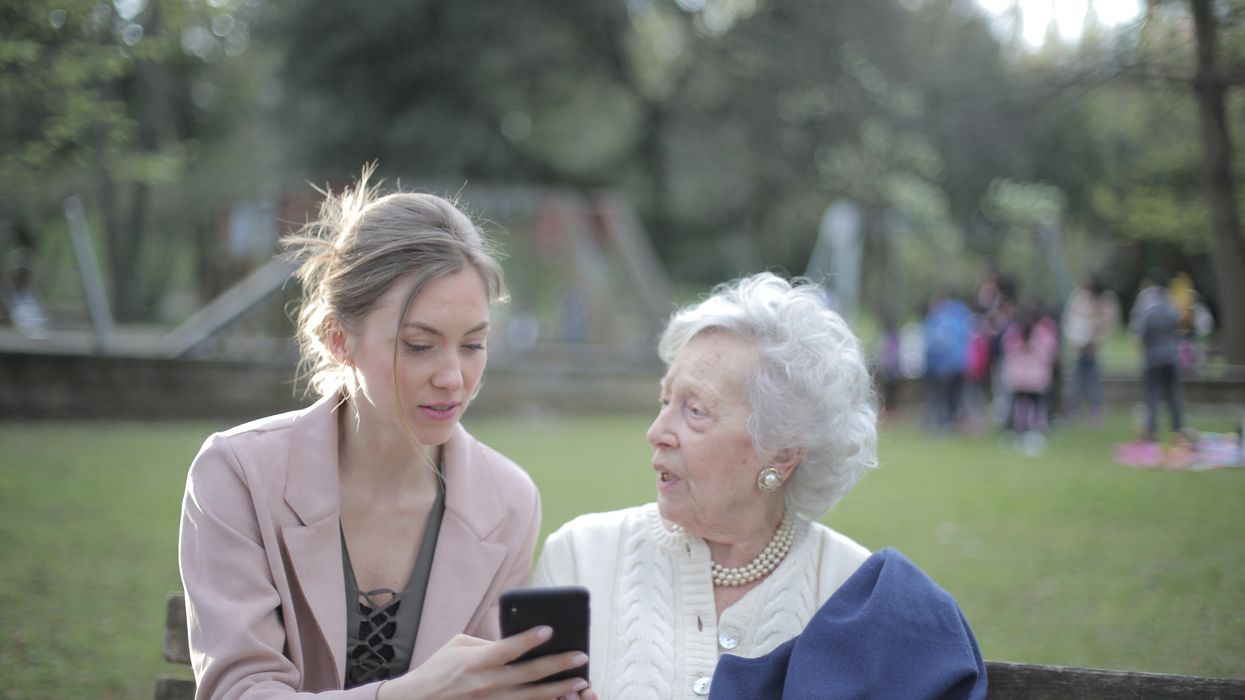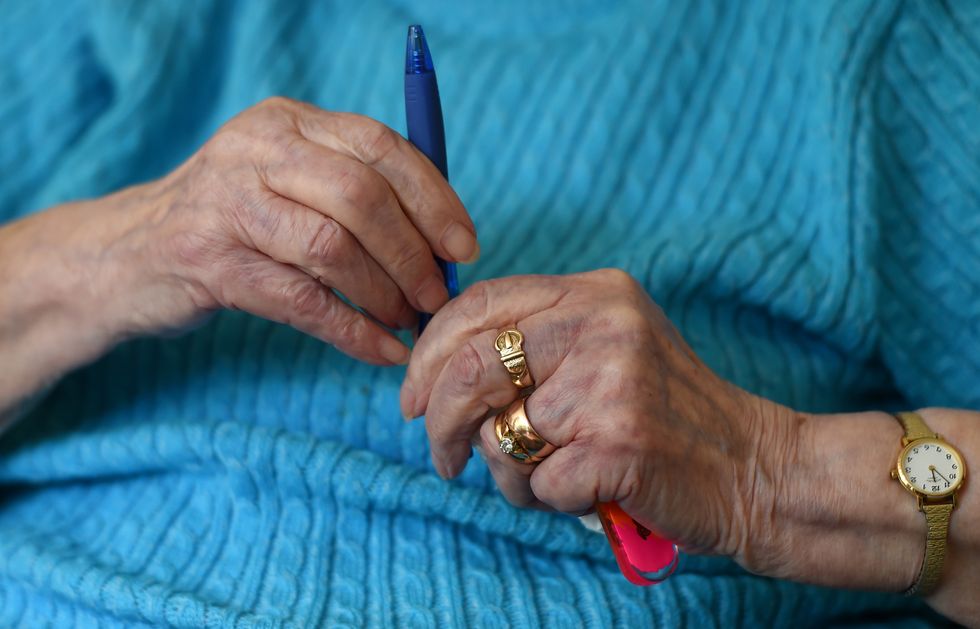Inheritance tax warning: Simple error can cause 'significant and unexpected' costs

Younger woman with elderly woman
A 40 per cent death levy is charged on anything above the £325,000 estate value threshold
Don't Miss
Most Read
Trending on GB News
A simple error can cause significant and unexpected additional costs for those hoping to pass on wealth after death, an expert has claimed.
Inheritance tax comes with a number of exemptions to help Britons hand over more of their money to loved ones tax-free.
The spouse of the deceased benefactor, for example, is exempt from the death levy.
However, children are not and handing over money to kids could bring a significant and unexpected liability.

An older person holding coins in her hands
PARafael Singer, a specialist in wills, trusts and estate planning at Hodge Jones & Allen, told The Daily Express: “Usually in this scenario, the deceased’s will would state that their estate passes first to their spouse.
“However, if their spouse pre-deceases them, then their estates pass on to their children.
“Usually after this first death in the marriage, the surviving spouse may then want to take inheritance tax advice, as inheritance tax would only be an issue on the second death in the marriage.
“They make such a will to take advantage of inheritance tax spousal exemption.
“There is no inheritance tax liability if the estate is passing to the spouse in its entirety.”
Singer also pointed out the process if no will has been made.
He added: “If no will is made, then the intestacy provisions are as follows.
“All possessions pass to the surviving spouse.

An image of an old person next to a younger person
Pexels“The first £270,000 of the estate, called ‘the statutory legacy,’ passes to the surviving spouse.
“What is left of the remaining estate, after liabilities are paid, is divided in two.
“The first share passes to the surviving spouse
“The second share passes to the children in equal shares.

An image of an old woman's hands
PA“In this scenario, the children are under 18 and so their shares are held on trust, with the spouse being the sole trustee.”
Estates can be varied within two years of the relevant death.
However, the variation must also be approved by the beneficiaries who could lose out.
Minor children would miss out even more as they are not old enough to consent to the variation.








